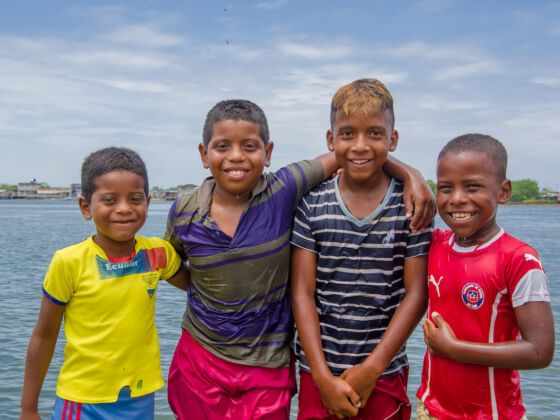In 2016, my partner and I plus our two young children (both under 5) left the US to live in a small village in Ecuador. It has been one of the most powerful experiences of my life, changing my perspective on how we raise our kids. After almost a year and a half as an expat mom, these are my thoughts on the realities of parenting in Ecuador:
Breast is best
Mothers breastfeed their babies without any hesitation. There is no stigma or sexuality associated with this most natural act of motherhood. If you are looking for cover-ups or mother’s rooms, most of the time you will come up empty-handed. Babies needs come first here and no one would ever dream of balking at a nursing baby and an exposed breast. In fact, motherhood and breastfeeding are emphatically celebrated in the country. Breastfeeding is not only expected of mothers in Ecuador, it’s a rite of passage. Women cherish the years of having a babe at the breast, and the community offers full, unbiased support.
